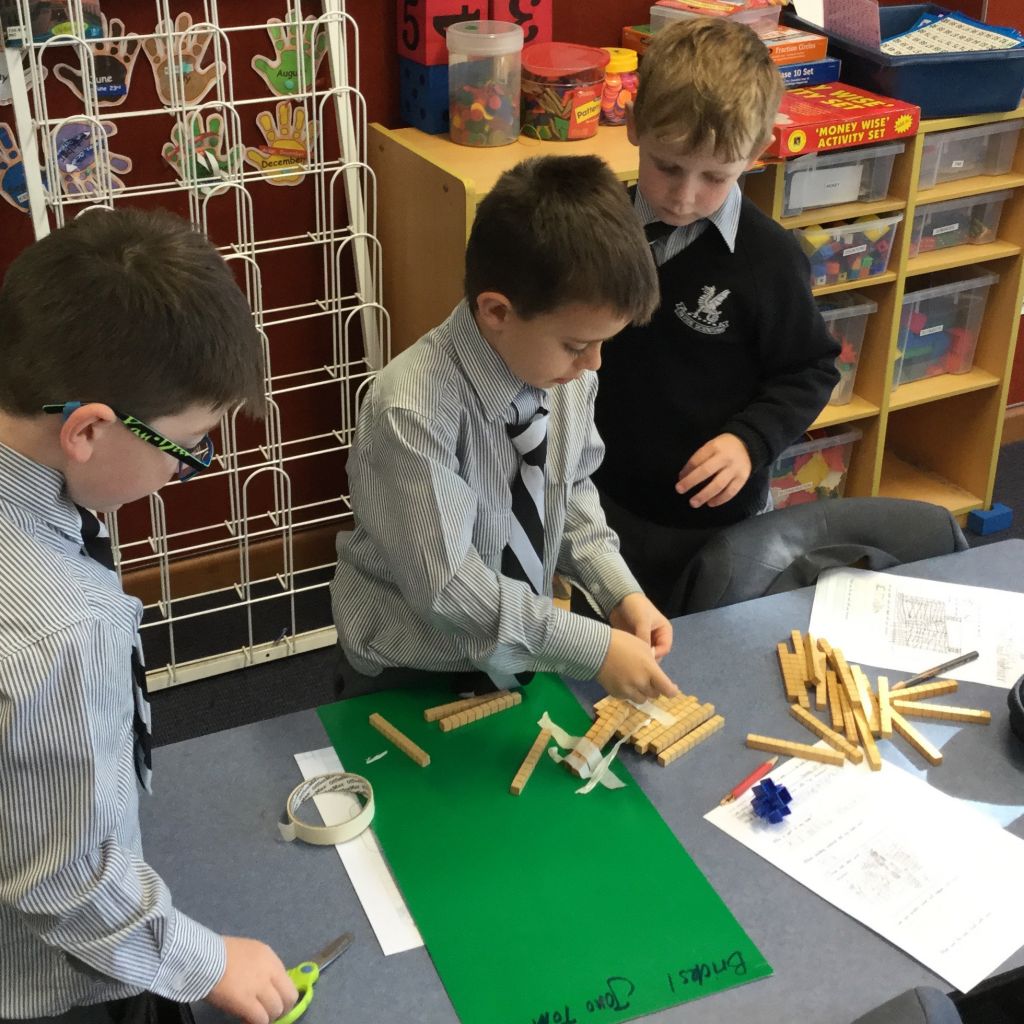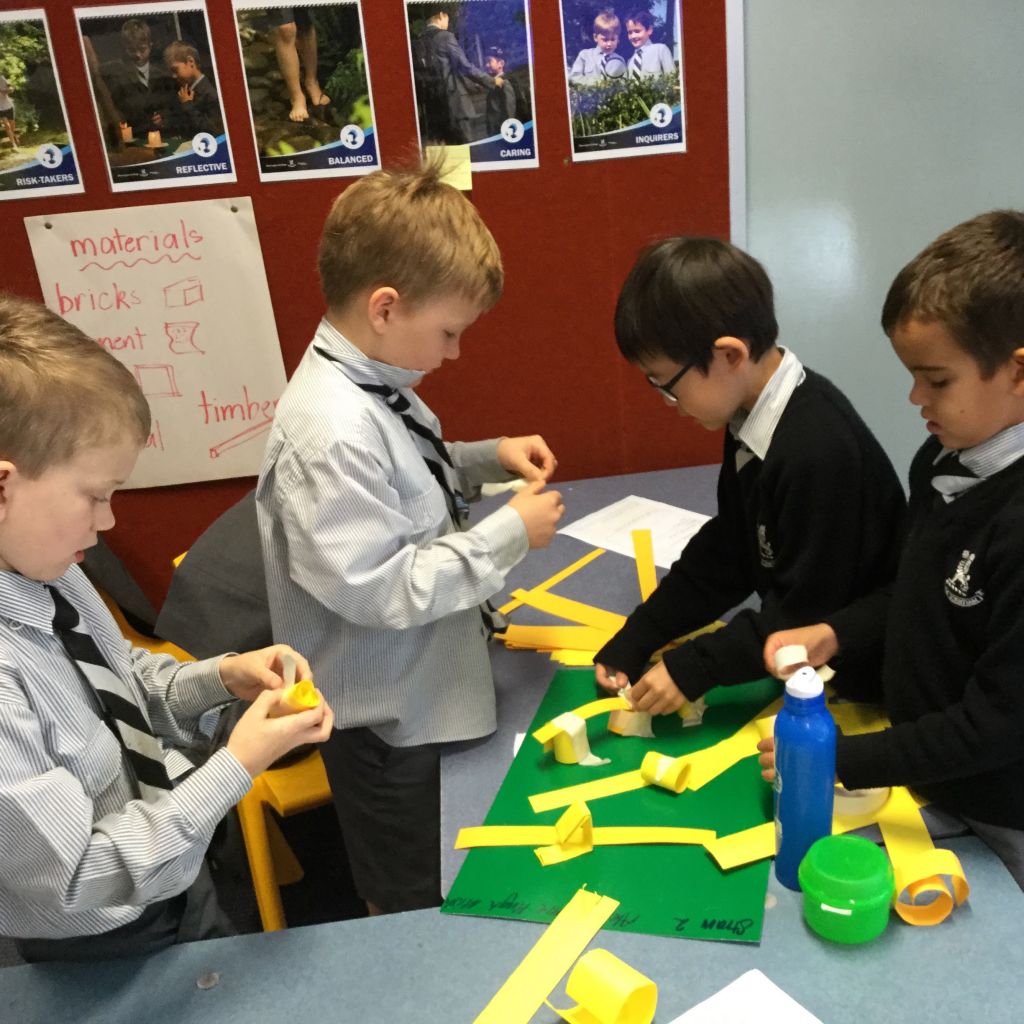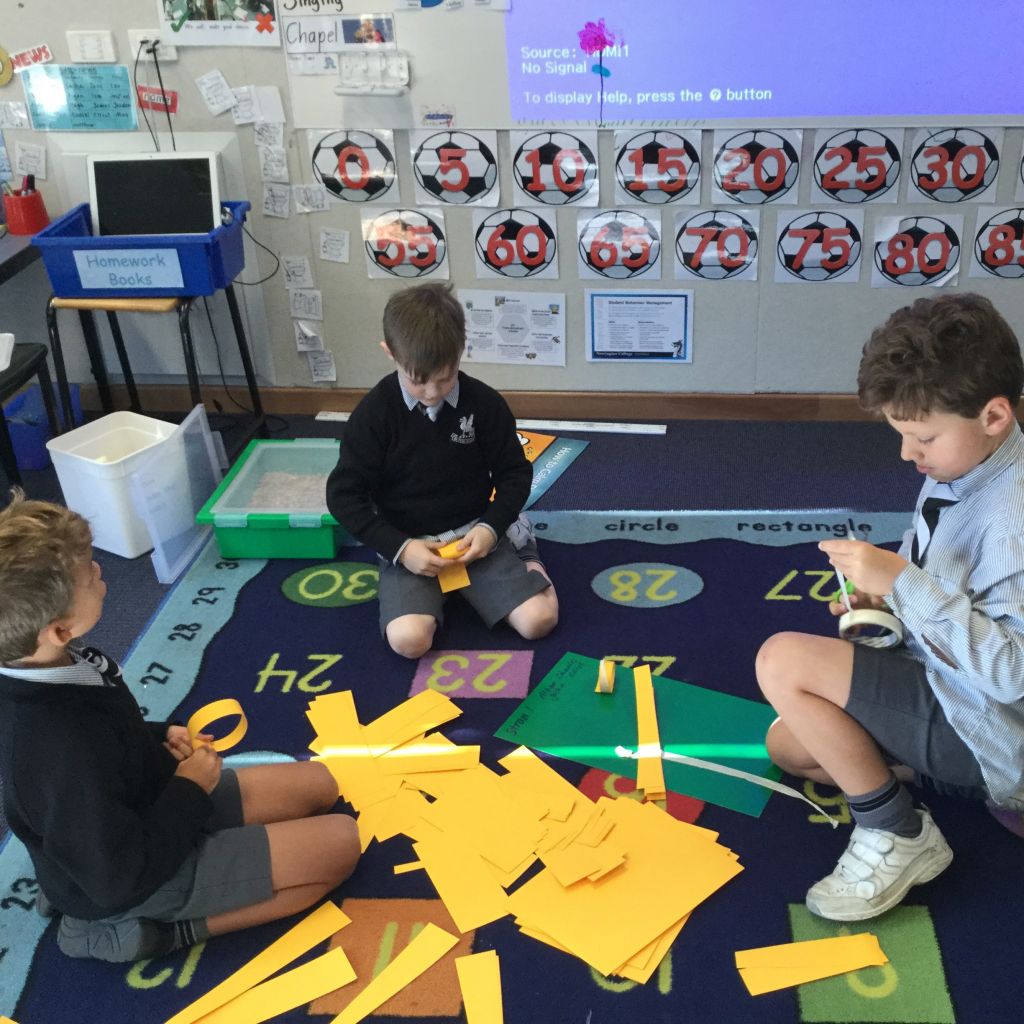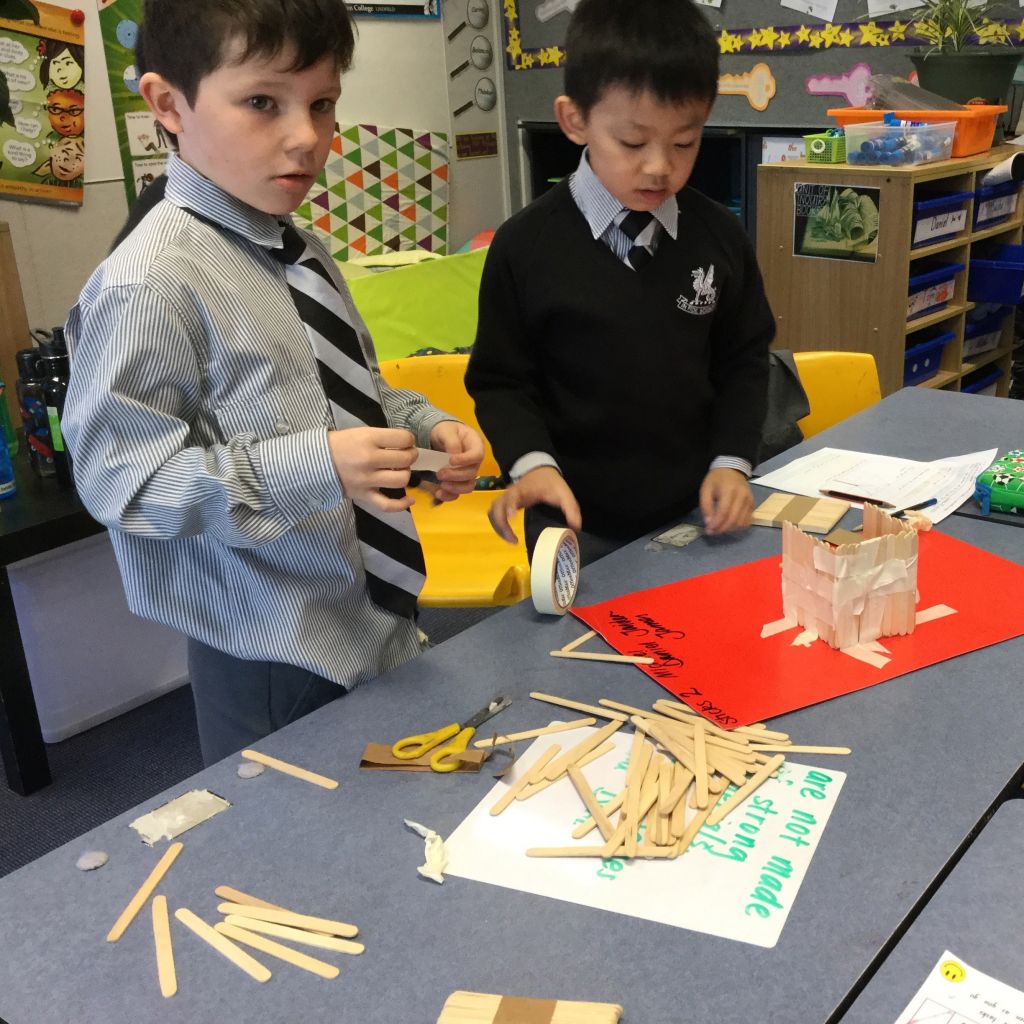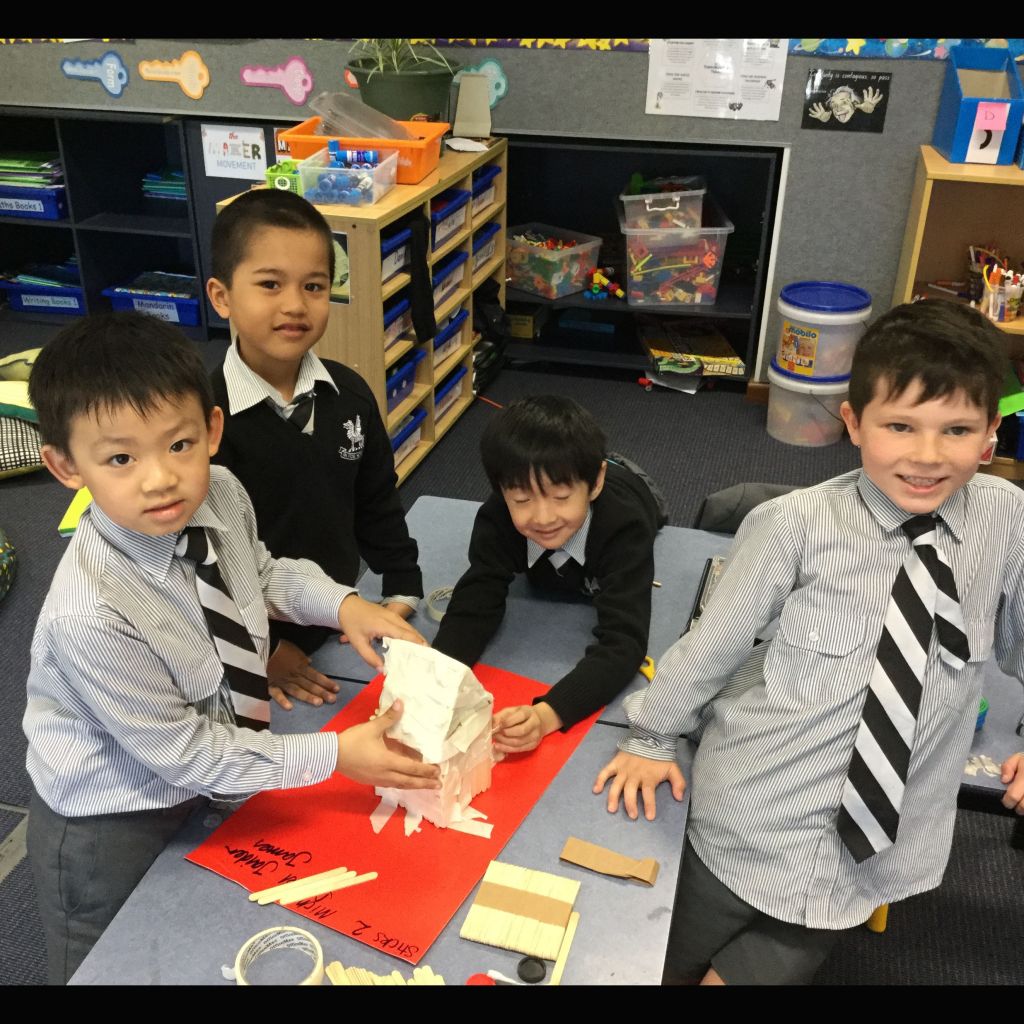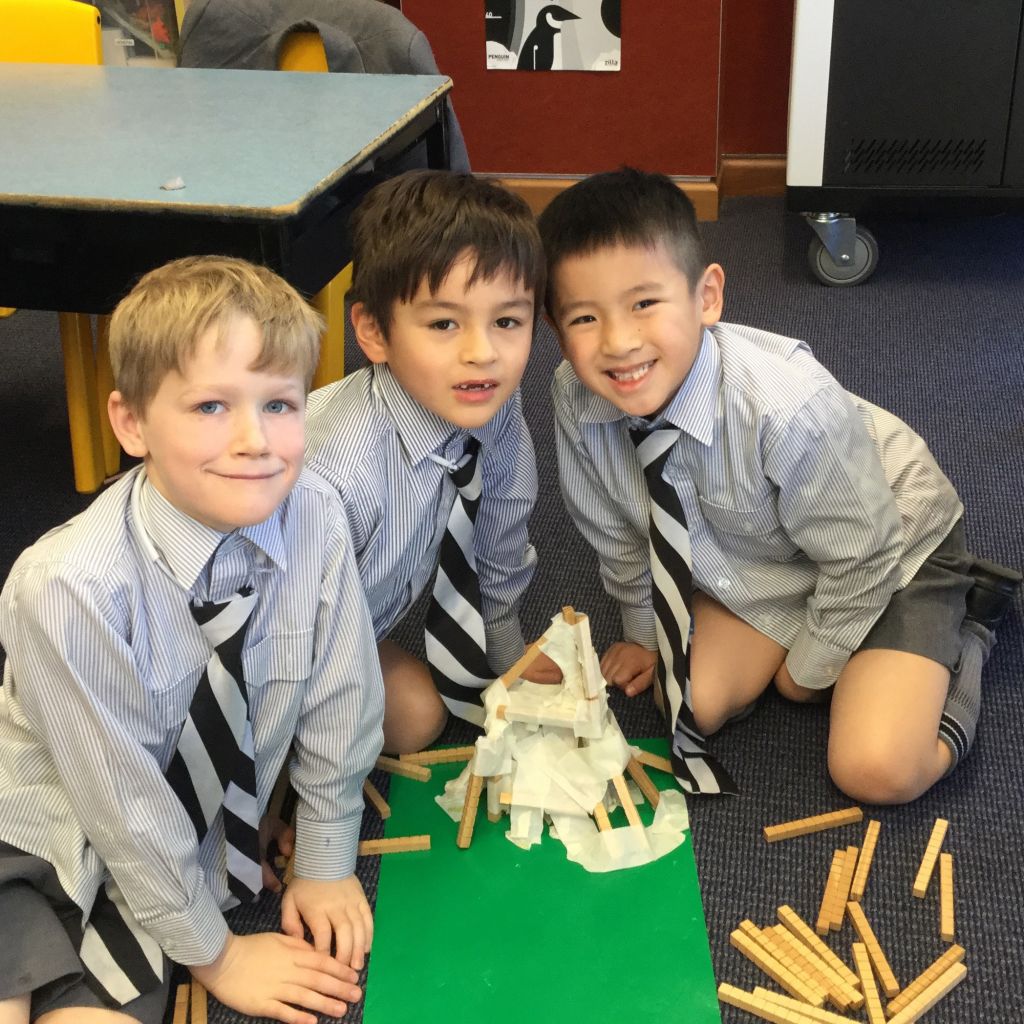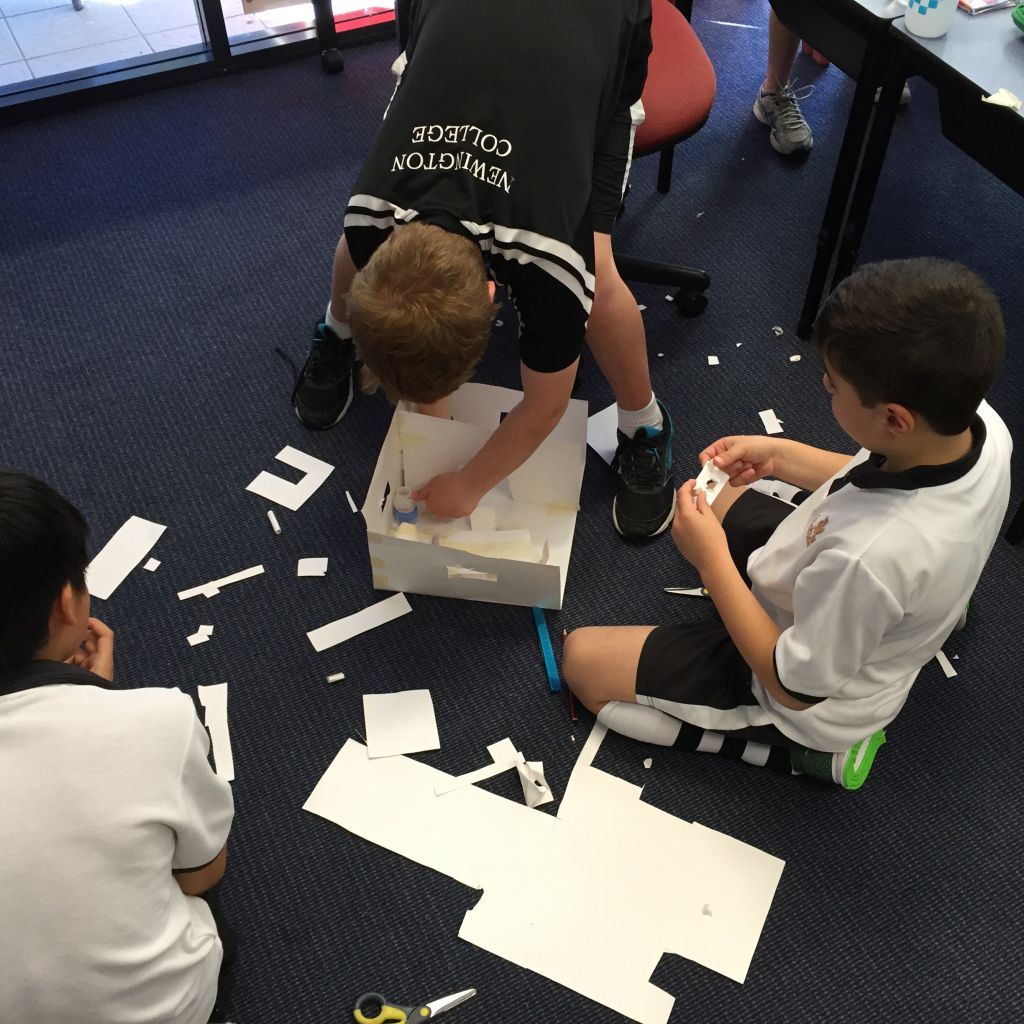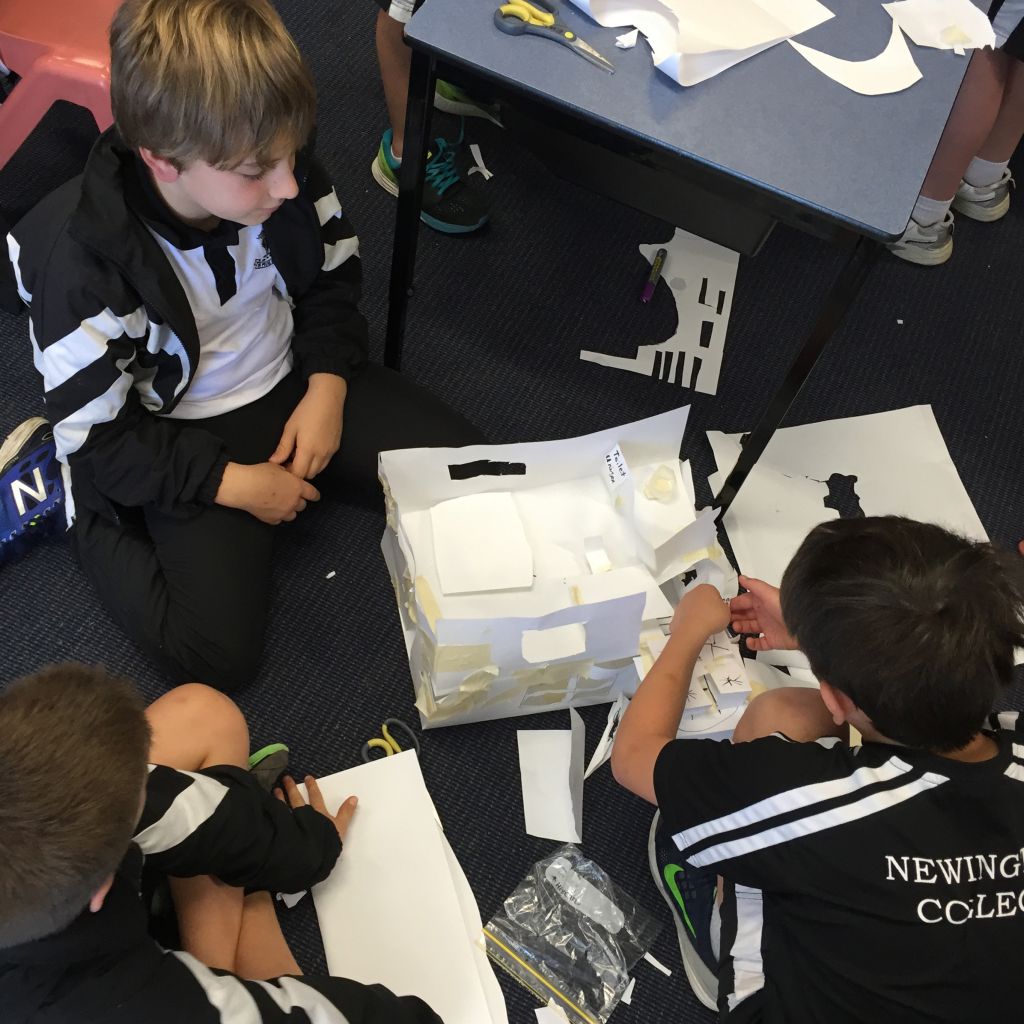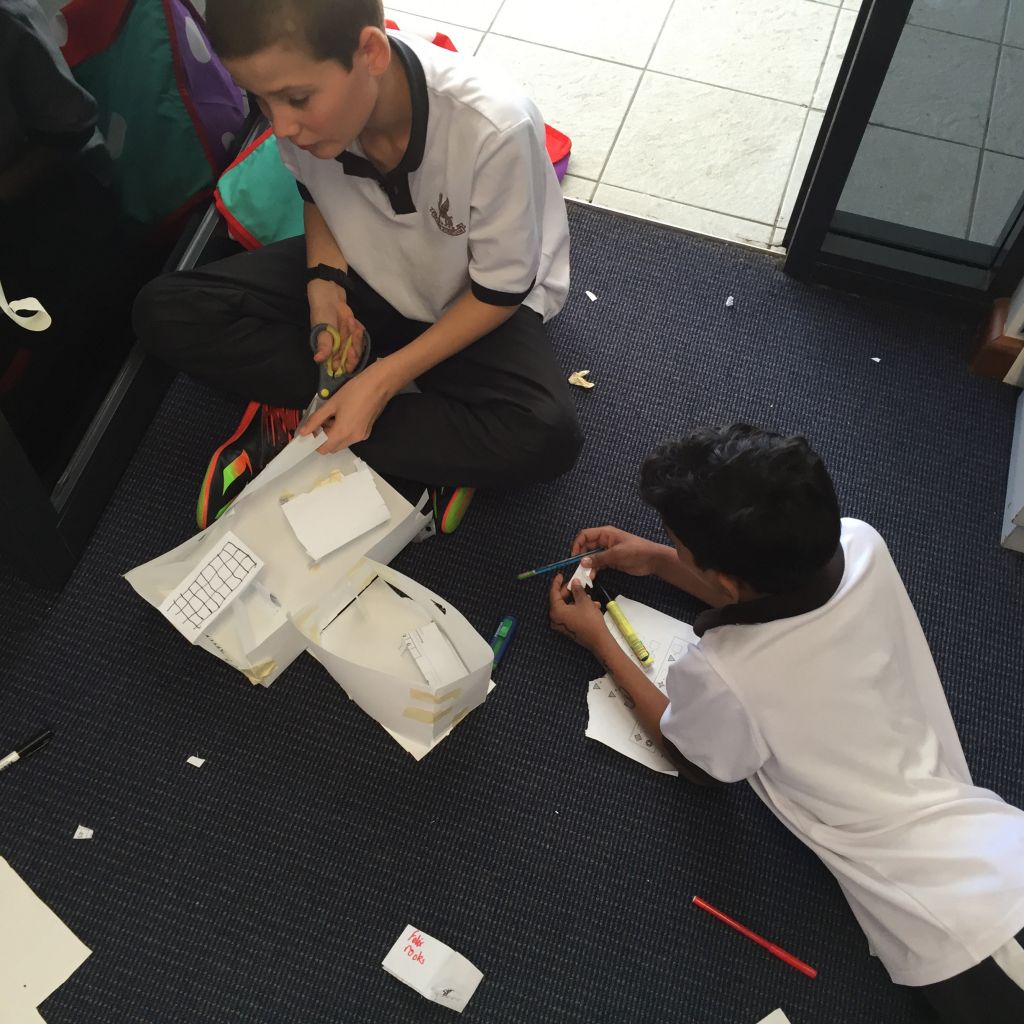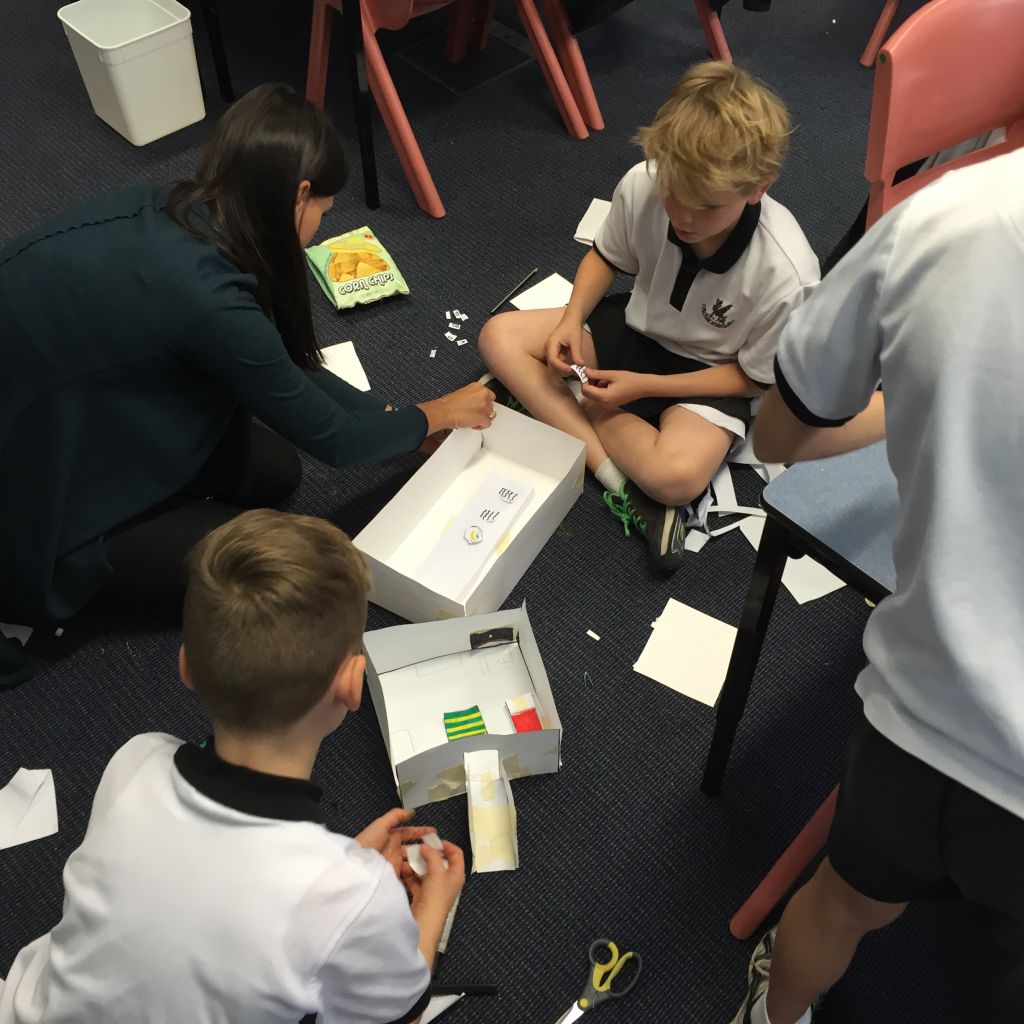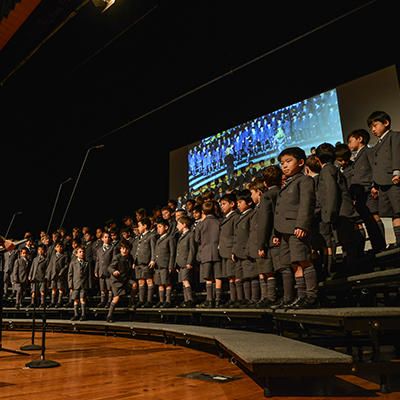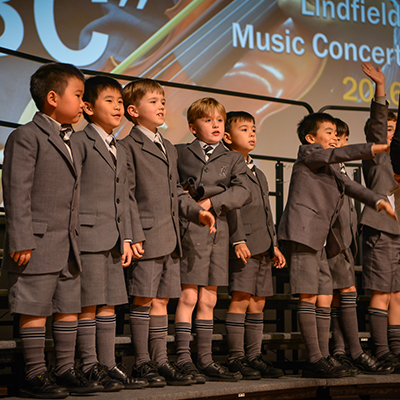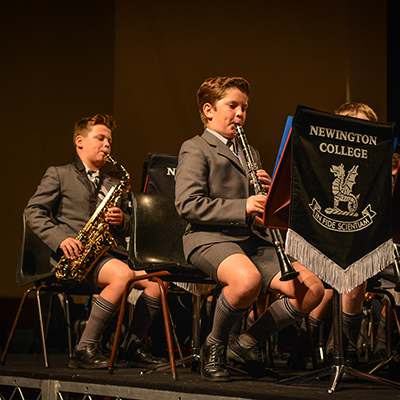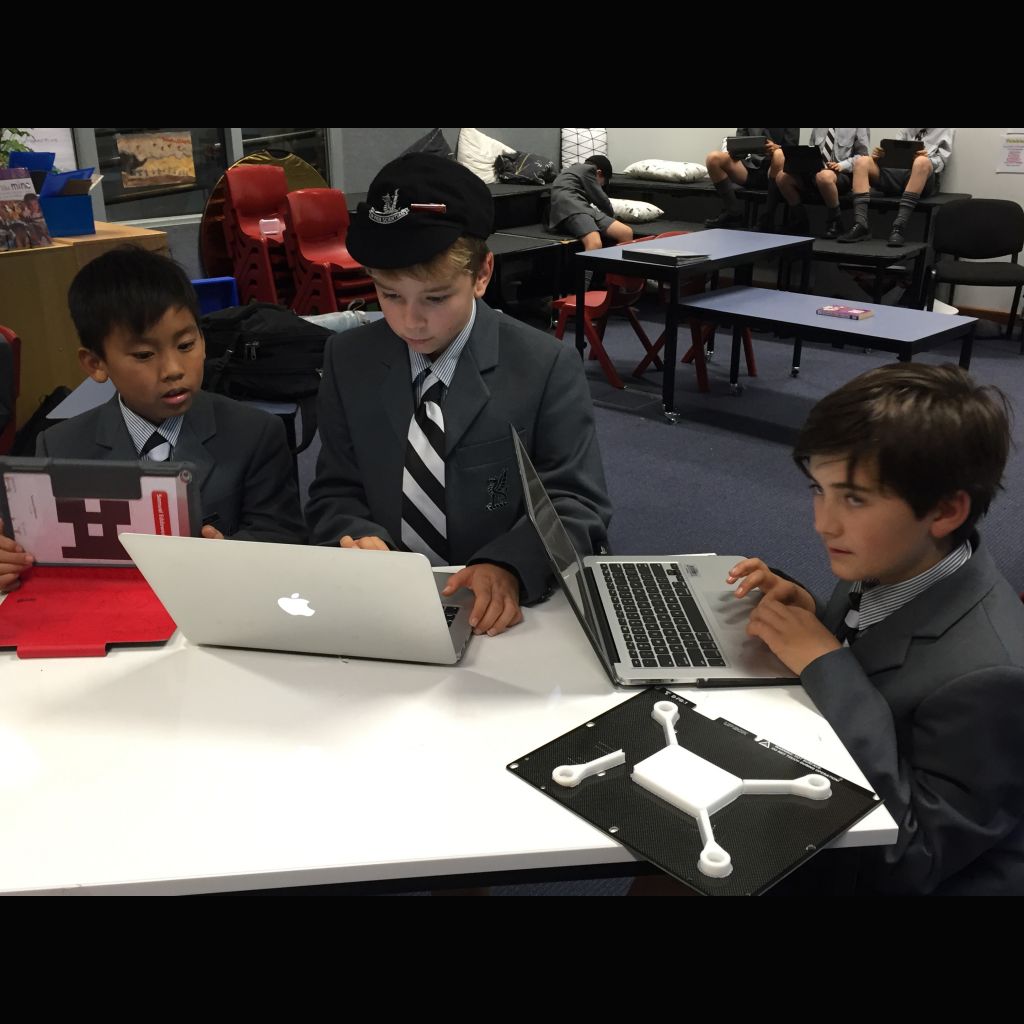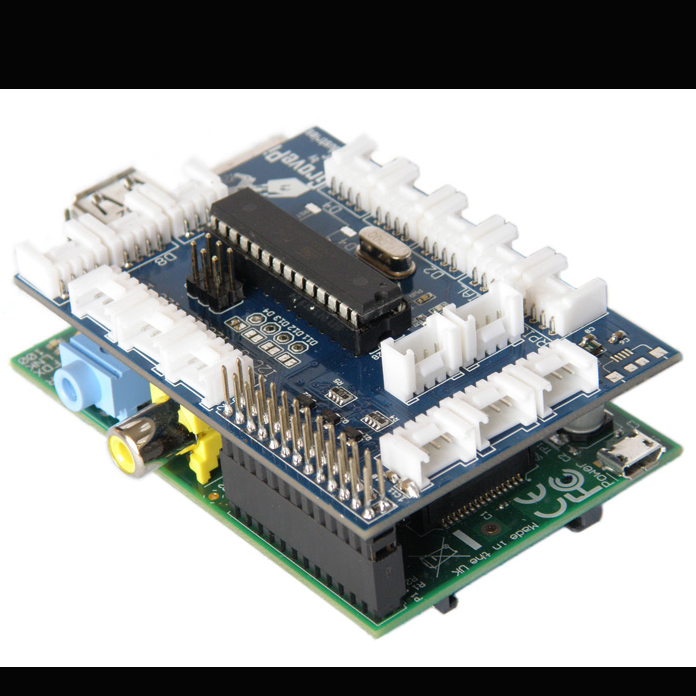A Message from the Head of Lindfield Campus
I was reflecting about a recent school visit that I attended in Victoria and some of the insights I gained in terms of what an effective school looks like and does.
I was part of the PYP accreditation team that visited a school to conduct their PYP evaluation. It is a great experience to provide feedback and support for a school’s continued development. It is also a great way to reflect on what makes an effective PYP program here at Lindfield. Thinking about that school with its strengths and areas of challenge, I would like to highlight some of the things that stood out from my experience and that have parallels to my experience at Lindfield.
The PYP program is based on the concept that people learn through constructing meaning from the world around us. We use our prior knowledge/experiences to filter new information and either add this to our knowledge bank or reject if it doesn’t fit our world view.
Constructivism in education is challenging and it relies on very effective pre-assessment and soliciting of prior knowledge from our students. It also requires careful analysis of what students already know, which informs the next steps for our teaching and learning.
Inquiry is based on student questions. We need to give our students the opportunity to own their learning and become independent learners. It starts when we listen to the student’s questions and in a structured way, use their questions and interests as a way to assist students to construct meaning around the concepts and central idea.
Transdiciplinary learning is paramount to the PYP. As adults we solve problems and when we do this, we draw from knowledge and skills learned in many different contexts. We don’t compartmentalise our thinking and so it does not make sense to compartmentalise our teaching into specific subjects. This is not to say that we don’t teach specific skills, like in literacy and numeracy. As facilitators of the learning, teachers are looking for meaningful ways to integrate content areas.
International Mindedness is at the center of the PYP model. Our aim is for the student to become internationally minded. Sometimes the connection between the Learner Profiles (LP), International Mindedness and the IB mission can be forgotten. Teaching about the learner profile is one way we achieve our mission of creating Internationally minded students who care about the community around them and actively seek to improve the world around them. Here at Newington we have been accredited since 2012, but we constantly work on keeping the LP and IB mission at the fore.
It is important to ensure the students own the learner profile in their classrooms. Students need to personalise it, write it in their own words, represent it in a contextually appropriate way, create photos of how they represent the learner profile, etc. Make it real!
Pre-assessment: The absolute importance of effective pre-assessments in terms of assessment for learning also stood out. It is essential to gauge student understandings first and then plan next steps.
Student Self and Peer-assessment: The power of student self-assessment and reflection in their learning always amazes me. This is achieved through the use of rubrics (learning goals) that are shared and understood by the students. Coupled with effective feedback, these learning goals are very powerful.
Differentiation is the final piece of learning that was highlighted for me on the visit. In every classroom there are a range of abilities and we need to cater for each boy. This follows on from the previous point about assessment. What do we do with the information once we have it? We plan for effective next steps; each student is at a different stage of the learning journey. Through differentiation we cater for diverse learners.
These are all important pieces that together develop a program that provides an incredibly powerful platform for high levels of student learning and achievement. As a PYP school, Lindfield continues to build on and improve student learning for all.
Mr Ben Barrington-Higgs



